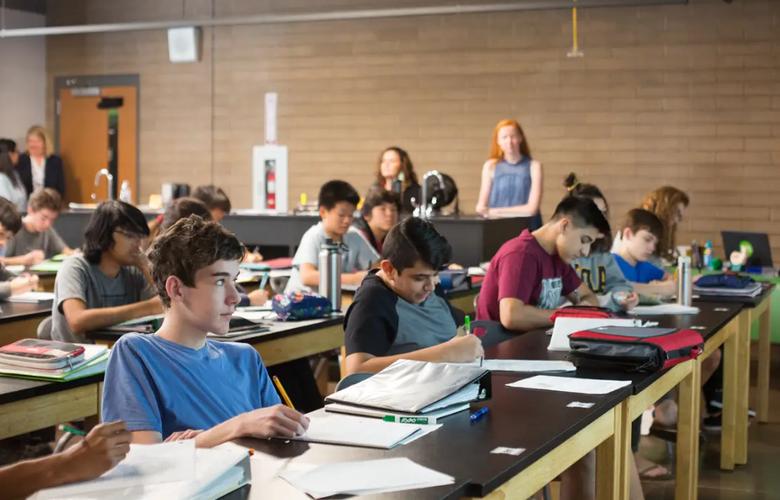1.SetClearGoals
Self-Studying English for International Students in the US During Summer Break
Summer break is a great time for international students in the US to focus on self-studying English. Improving your language skills not only enhances your academic performance but also helps you communicate effectively in various situations. Here are some tips and resources to make the most of your summer break:
Before you start self-studying, it's essential to set clear goals. Determine what aspects of English you want to improve, whether it's speaking, listening, reading, or writing. Setting specific, achievable goals will help you stay motivated throughout the summer.
Allocate specific time slots each day for English study. Consistency is key when it comes to language learning. Create a study schedule that includes a mix of activities such as reading, watching movies or TV shows, listening to podcasts, and practicing speaking with native speakers.
There are numerous online resources available for self-studying English. Websites like Duolingo, BBC Learning English, and ESL Lab offer interactive lessons and exercises to improve your language skills. Additionally, platforms like YouTube and TED Talks provide a wealth of English content to practice listening and comprehension.
Consider joining language exchange programs or conversation clubs in your local community. These programs provide opportunities to practice speaking with native English speakers while helping them learn your native language. It's a great way to improve your conversational skills in a real-life setting.
Reading is an excellent way to expand your vocabulary and improve your comprehension skills. Choose a variety of reading materials such as books, newspapers, magazines, and online articles. Make a habit of reading for at least 30 minutes every day to enhance your language proficiency.
Speaking is often the most challenging aspect of language learning for international students. Find opportunities to practice speaking English, whether it's through language exchange programs, online language partners, or joining conversation groups. The more you practice speaking, the more confident you will become.

Watching English movies and TV shows is a fun and effective way to improve your listening skills and learn colloquial expressions. Choose a variety of genres to expose yourself to different accents and dialects. Consider using subtitles to aid in comprehension.
Don't be afraid to seek feedback on your language skills from teachers, tutors, or native speakers. Constructive criticism can help you identify areas for improvement and tailor your self-study plan accordingly. Guidance from experienced language instructors can also provide valuable insights.
Language learning is a gradual process that requires patience and persistence. Celebrate small victories along the way and don't get discouraged by setbacks. Stay motivated by tracking your progress, setting new goals, and reminding yourself of the benefits of improving your English proficiency.
Above all, remember to enjoy the process of learning English. Embrace the challenges and celebrate your achievements, no matter how small. Language learning is a rewarding journey that opens up new opportunities for personal and professional growth.
By following these tips and utilizing the resources available to you, you can make significant progress in self-studying English during your summer break as an international student in the US. Good luck!
